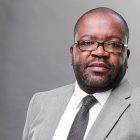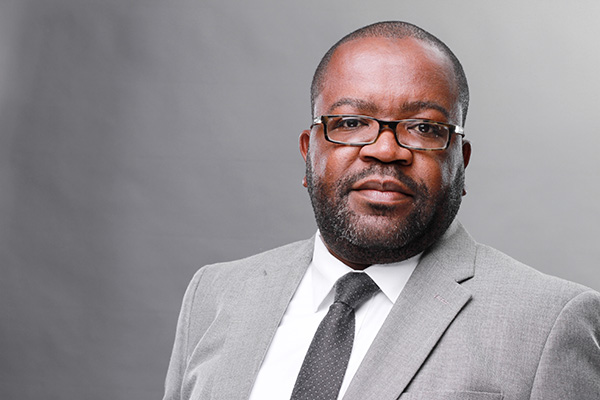Allergies in the Digital Age

So about 10-15yrs ago I discovered that I have some strange allergy that to date, no doctor has been able to diagnose or remedy fully. All I know is, during summers in the US, there are times that my skin reacts to the sun in such a way that it burns. It does not happen every summer, and at times it can go 5yrs without any issues, but each time is progressively worse. Initially, doctors just thought it was a bad sunburn, but it turns out it is not. So, this past Monday, I had a similar reaction where I had 2nd – 3rd-degree burns over my face and arms. Saying it was uncomfortable is an understatement. All that we know is that there is something in the summer sun, which when it comes into contact with maybe something in my pores, or the food I ate, or lotion or pollen, or whatever, that when there is a mixture, it makes my skin just flammable (and not in the cool fantastic 4 kind of way – check the movie out if you don’t get the reference 🙂 ) with crazy boils. As an aside, I can now honestly say, out of all the places in the world I have traveled in Afrika, Asia, Europe, and Central America, no exaggeration, Oklahoma is the hottest place I have ever visited or stayed in. Southern Afrika where I spent a lot of time gets into the 80s or low dry 90s at the highest, so the 100+ we’ve been having in Stillwater have been something else.
As I reflected on my predicament, I found that there is a connection to our class “Learning in the digital age.” Here are some of my reflection and how they relate to the course:
- My condition meant that even doing the simplest things as opening a laptop and moving arms to type was an arduous task, so student emails went without responses, for which I apologise. Most of all though, it led me to a reflection on the suffering of others in similar and notably harsher circumstances.
- It meant I also had to go through my own PLN assignment this week. I spent time looking for doctors who research sun-related allergies, who are also interested in dermatology and regional isolated occurring issues. So far, I have only found promising leads at the Mayo Clinic and the Cleveland Clinic, which are two top research institutions in the world.
- What it brought home again is a particular failure of the digital age. While information is often readily available, it does not mean that everyone knows how to translate that into knowledge so that we can benefit from it. Even if we are lucky to get to the knowledge level, the wisdom part can be elusive because there is still need for experts to help us make sense of things in such a way that it can have lasting impact on our lives (check out more info on the DIKW model).
- Another dissolution in the digital age, where you can go online and find information, is that you can find what you want but have a hell of a time accessing it. What I mean here is that I found names of researchers who seemed to have answers I sought, but I could not access them. No emails, no phone numbers, or if there is, you have to go through a general process where you get bounced from place to place to the point that you just throw your hands in the air in surrender. As educators and as students who value learning with digital means, we have to be aware that there are so many other dissolutions that make the benefits impossible for many.
- Digital learning can be dangerous. Ok, maybe that is a bit alarmist, but it is not that far off. Or perhaps it is not so much learning that is dangerous but the availability of information. I spent so much time researching things online that I felt as if I had an understanding of my own ailment. Now on the one hand this is good because it can allow me to advocate for myself, but I also think that it can give a false sense of comfort in such a way that if I wanted to self-medicate, I could. So, the question then is, how do we mitigate some of the risks associated with access to information? No, I am not advocating censorship in any means. Instead, I am arguing for lessons on how to be discerning consumers of information. We sometimes call this digital literacy, but I think that term itself has been a bit contested as of late. what are the limits
I don’t really know how else to sum up this reflection other than to say it’s been a challenging week, with still more recovery to go. Since this is a reflection for a class, I guess it is best to end with a question: What does the phrase “knowledge is power” mean in the digital age? How does it change? And what is the relationship to the digital divide and the well-being of society?


Glad you can type again!
Me too!